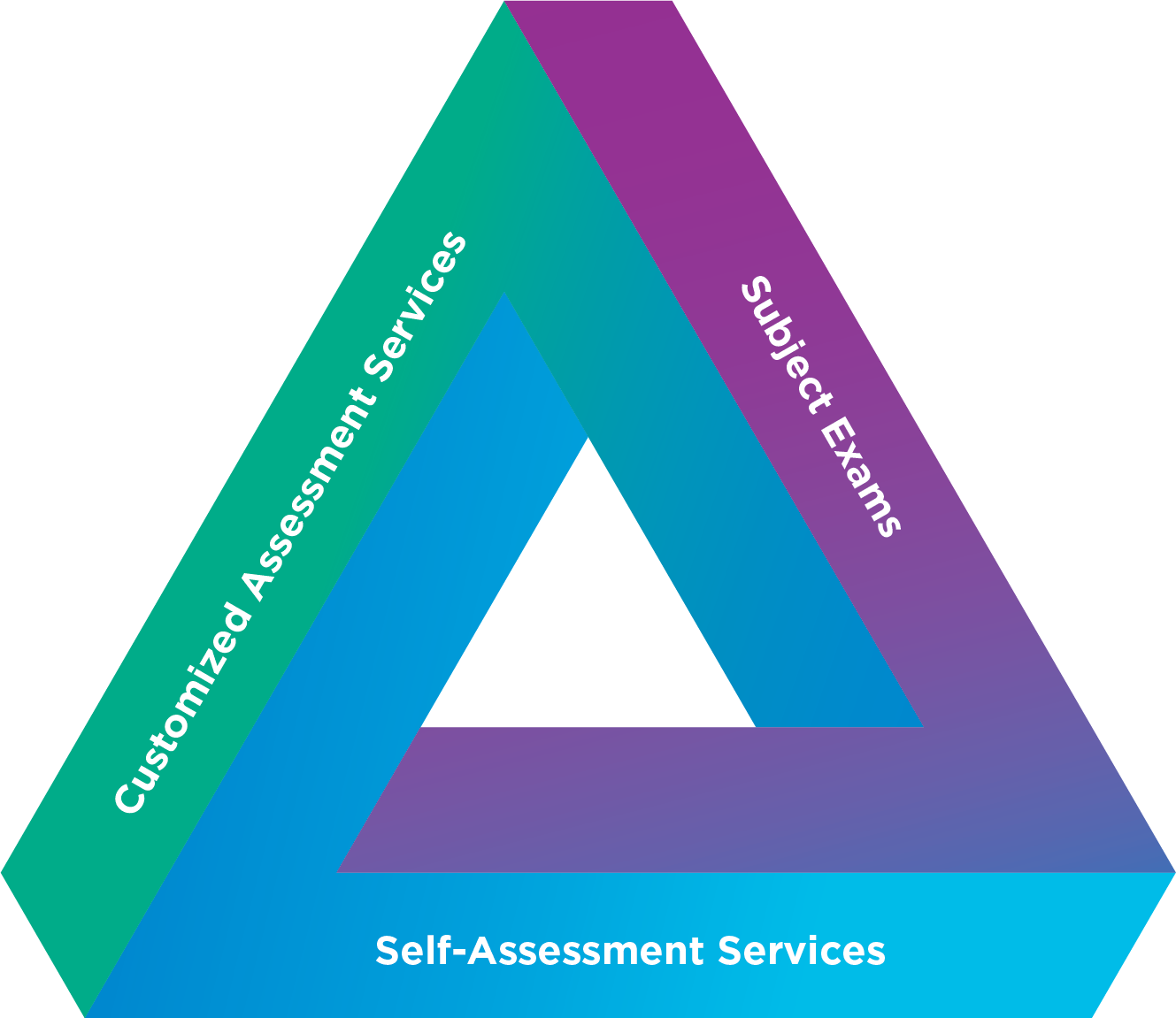SUBJECT EXAMINATIONS
SUBJECT EXAMINATIONS
Assess student knowledge at the end of your course or clerkship and access national normative data
Related NBME Products

Customized Assessment Services
Self-Assessment Services
Interested in learning more about the Subject Exams or another NBME product?
Complete the consultation request form to get in touch with NBME staff.
Stay Up to Date
Join our mailing list to get the latest updates from NBME.
